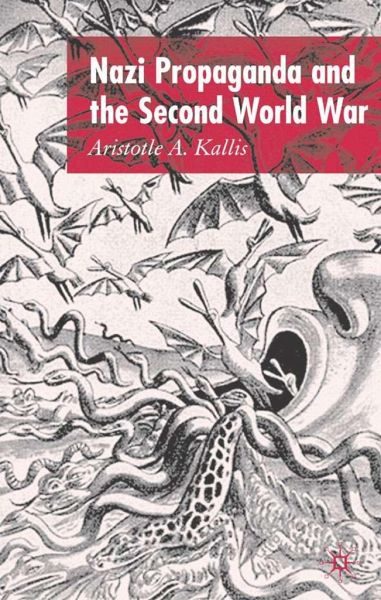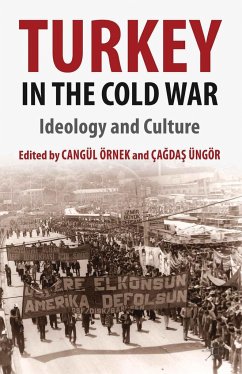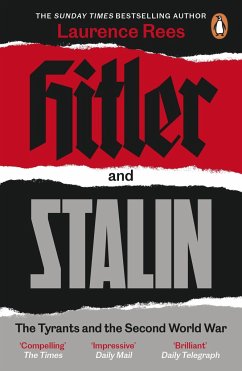
Nazi Propaganda and the Second World War
Versandkostenfrei!
Versandfertig in 6-10 Tagen
76,99 €
inkl. MwSt.
Weitere Ausgaben:

PAYBACK Punkte
38 °P sammeln!
Was Nazi wartime propaganda a 'totalitarian' mechanism that controlled the perceptions of the Germans? Was it as effective as generally thought? Did it 'win' the psychological war over the minds of the population? Was Joseph Goebbels the 'mastermind' of the Third Reich? This book analyzes the factors that determined the organization, conduct and output of Nazi propaganda during World War II, in an attempt to re-assess previously inflated perceptions about the influence of Nazi propaganda and the role of the regime's propagandists in the outcome of the 1939-45 military conflict.












